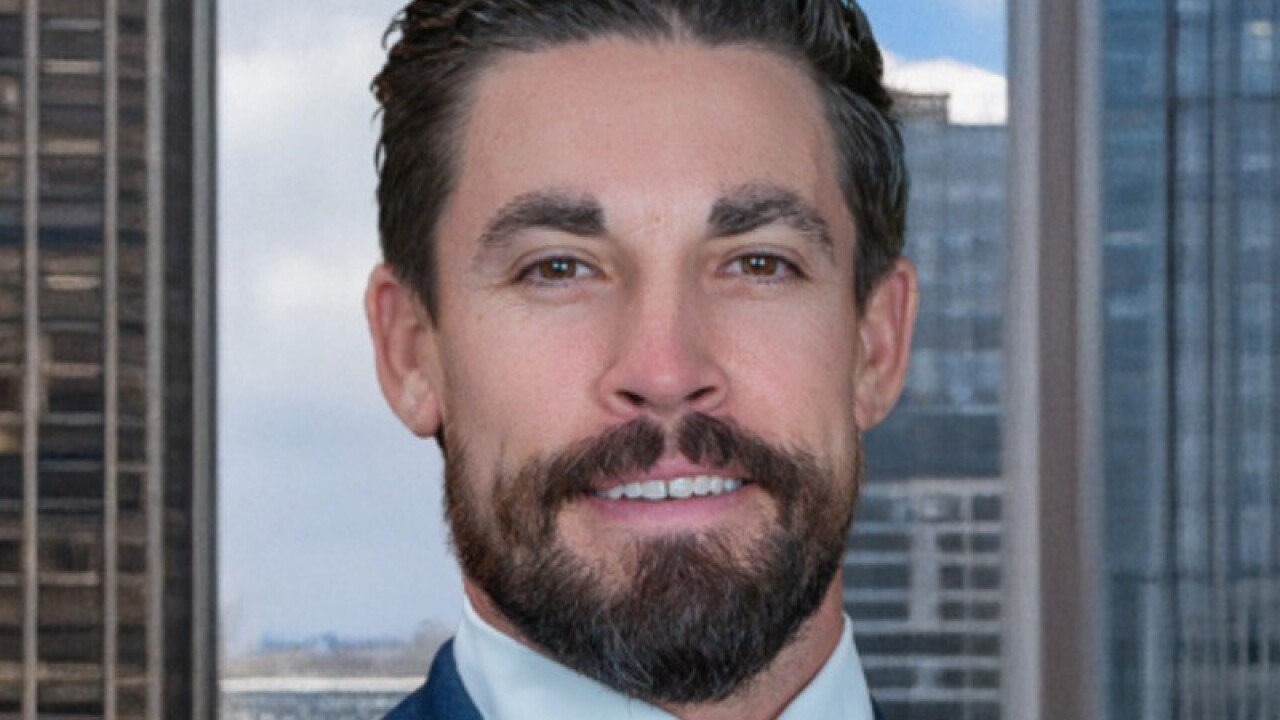HOLLYWOOD, Fla. -- Banks and program managers are spending a lot of time thinking about life after the fiduciary rule, if the panel discussions at the Bank Insurance & Securities Association conference are any indication.
The issue came up throughout the afternoon on Thursday, the first full day of sessions here at the annual meeting in Fort Lauderdale, Florida.
At a morning panel called “Financial Planning & Advice Are Here to Stay,” moderator Peter Bielan, principal at Kehrer Bielan Research & Consulting, asked how the industry can develop advisers’ skills to become more proficient in profiling and planning.
Creating a formal plan is one of the best first steps, said Tim Kehrer, senior research analyst at Kehrer Bielan, and a panelist. He noted than the average household keeps 60% of their assets at a bank or credit union. And if an outside adviser puts together a plan for that typical customer, assets will leave the bank and follow that adviser. But if one of the bank’s advisers instead goes through those steps and creates a plan, the customer’s assets are likely to stay.

Another important step is to incorporate life insurance in the full decision-making process, said LeAnn Rummel, president of Cetera Financial Institutions and another panelist.
Bielan later asked panelist Rhomes Aur, head of First Tennessee Bank’s program, how to convince advisers of the need to cut down their books of business in order to serve as a fiduciary to a manageable client base. And the answer again came back to financial plans. Aur said to make sure the top 200 customers have plans, with the rest likely ending up with robos and call centers. At his bank, advisers are supposed to create six new plans a month, he says, and they embrace the idea because they realize that a fiduciary standard will bring more stringent legal liabilities.
A later panel called “Looking Beyond April 10: Transforming the Business in a Fiduciary World” focused on the type of adviser that will be needed post rule. Peter Bielan, again the moderator, started by saying the fiduciary standard will be the base level, “table stakes,” in the future. And banks that are just trying to meet the requirement of a rule will lose out competitively.
He asked the new panel what qualities they look for in an adviser.
David Biliter, director of sales at Arvest Wealth Management, said the cultural fit has to be right. So important, in fact, he said he would terminate a top producer if they don’t fit the company’s culture.





